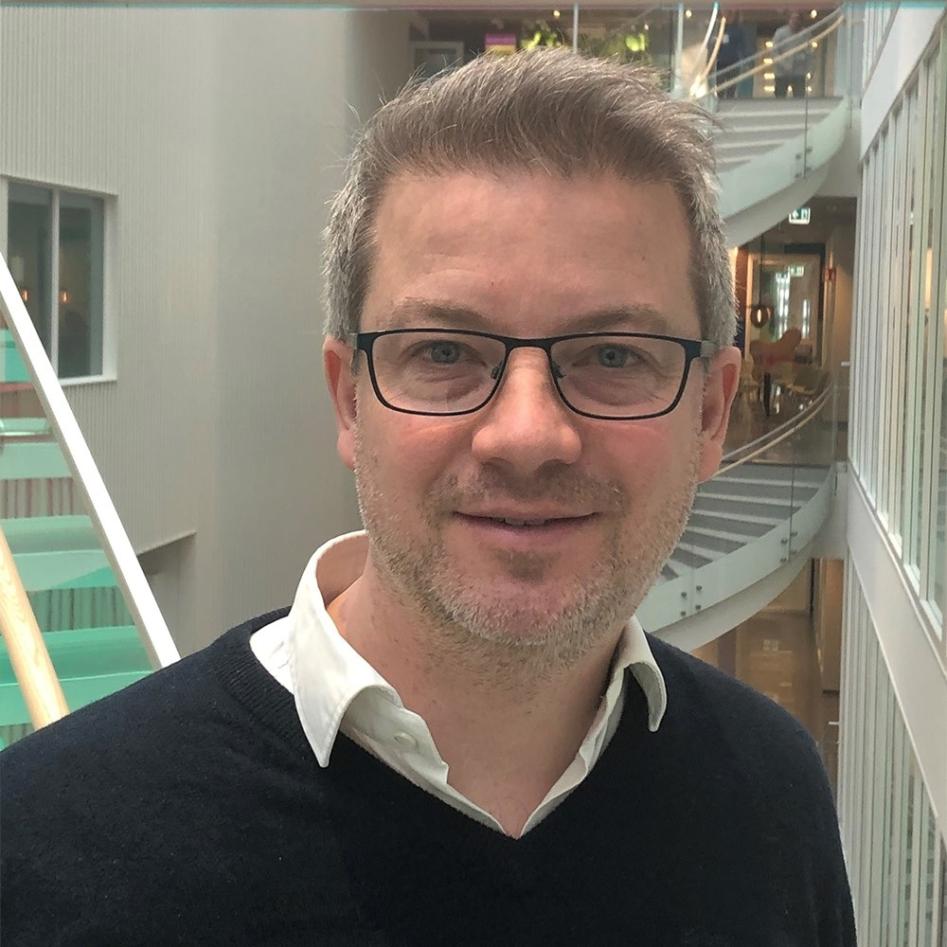Bryceson Group
Yenan Bryceson leads the Bryceson group. He did his undergraduate training at the University of Oslo and PhD at the National Institutes of Health, Rockville, MD, USA. He was appointed professor II at the University of Bergen in 2012. He is also a professor at Karolinska Institutet, Stockholm, Sweden.
Main content
Yenan’s group studies the molecular regulation of cytotoxic lymphocyte function in the context of inflammatory disease as well as cancer. Defects in cytotoxic lymphocyte function are associated with often fatal hyperinflammatory primary immunodeficiency syndromes in infants, but many such patients cannot be explained by current molecular insights. Furthermore, harnessing lymphocyte differentiation and function represents a promising avenue increasing the efficacy of cellular immunotherapy of cancer.
Their laboratory studies the molecular regulation of cytotoxic lymphocyte function in inflammation. Cytotoxic lymphocytes are broadly categorized into cytotoxic CD8+ T cells and natural killer (NK) cells. Defects in cytotoxic lymphocyte function are associated with often-fatal hyperinflammatory primary immunodeficiency syndromes in infants. These hyperinflammatory syndromes are also associated with an increased risk of developing hematological malignancies.
Recently, adoptive transfer of NK cells or T cells engineered to express chimeric activating receptors (CARs) have shown efficacy in clinical trials against hematological malignancies, but improving their persistence and potential utility against solid tumors remains a major challenge.
They are working to decipher the molecular regulation of cytotoxic lymphocyte differentiation and function in blood and tissues using cutting-edge single cell techniques, including advanced flow cytometry and sorting combined with high-throughput sequencing. A particular focus of ours is on how specific transcription factors can be harnessed to manipulate NK cell differentiation and potentiate function for improved immunotherapy of cancer.
